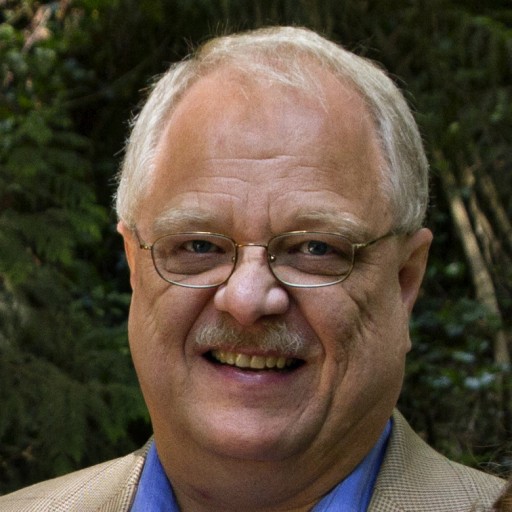Liver Transplant
The “old phone” ring tone that mimicked the rotary telephones of my childhood indicated that a family member was calling. I reserved the antiquated tone for those who I’d known the longest. I glanced at the screen of my cell phone and saw that it was my sister-in-law.
My cheery “hello” quickly went stale as she described the previous few hours. A week before, my brother Swanee lived as a healthy retiree. Now he lay deathly ill.
Swanee had recently returned from a trip to Southeast Asia where he likely picked up hepatitis. Years before he suffered with a liver fluke while working in Africa. The doctors indicated that this lethal combination probably contributed to sudden onset liver failure.
The local hospital immediately began looking for a transplant program that would accept Swanee. They needed to act quickly or he might not survive the long ride in an ambulance.
Our family lived hour by hour even after Swanee arrived at the Jackson Memorial Hospital in Miami. The medical staff labored diligently to stabilize his physical condition. Finally the transplant team put Swanee on the waiting list. The transplant network now knew that if a liver became available, a man in Florida would graciously receive the gift of life.
A few days later the “old phone” ring brought the news that the transplant team had started preparing for surgery. They worked to extend the life of a 66-year-old man in Florida after the tragic death of a 19-year-old man in Alabama.
According to the Midwest Transplant Network, about 2,000 people in Missouri and 1,000 in Kansas await an organ donation. Nearly 120,000 people in the United States need a transplant with almost 150 names added to waiting lists each day.
Research shows that 98 percent of Americans know about organ donation. While 90 percent support it, only 45 percent are registered donors according to Donate Life America.
Social media is helping to change that. Researchers at Johns Hopkins University School of Medicine reported an increase in organ donor registration 21 times greater than average on the first day Facebook provided a way for users to share their organ donor status. Called the Facebook effect, researchers hope that social media will help alleviate the organ shortage in the United States. More than 6,500 people die each year because of the lack of available organs for transplant.
That number could decrease if donor registrations would increase. A person who decides to register as an organ donor can do so when renewing a driver’s license. This decision can be included with an advance health care directive or will. Residents in both Kansas and Missouri can use an online state registry to indicate their wishes concerning organ or tissue donation.
According to the Organ Procurement and Transplantation Network, a service of the US Department of Health and Human Services, as of September 13 there have been 14,105 transplants from 6,961 donors so far in 2013.
The statistics for 2008 include my brother. In future years he may show up again in the annual stats, this time as a donor. Swanee not only is a transplant recipient, but he also carries a donor card. He would be a happy man if someday he can pay it forward.
An edited version of this article appeared in the Kansas City Star Midwest Voices column, September 21, 2013.

